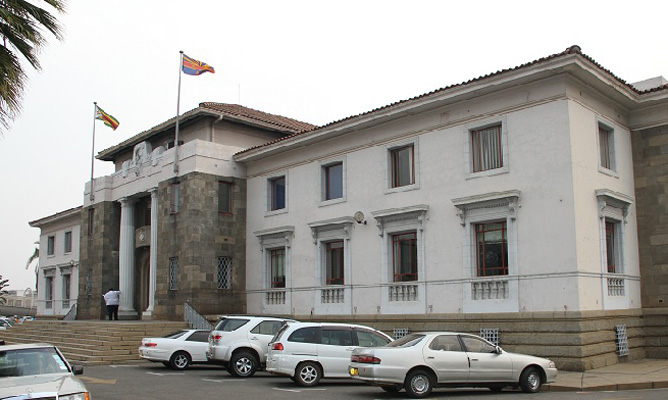
THE Harare Residents’ Trust (HRT) has challenged the city council to test-run its pre-paid water meter project on government buildings where departments have always been reluctant to pay for water supplies.
BY OBEY MANAYITI
In a statement, HRT said government should lead by example and pay for its water before the programme is rolled out to the residential areas.
Harare City Council recently invited tenders for delivery and installation of 2 000 pre-paid water meters in a pilot project to run in the central business district and Avenues section where there is constant supply of running water.
The government has been accused of failing to settle its water bills at most of its properties countrywide and different local authorities have been trying to engage it to no avail.
HRT said if the city wanted to test-run the project, it should be done on government buildings to encourage it to pay for the services.
“To begin with, the council should install the prepaid meters in government offices and on different ministers’ [properties] who reportedly owe council a lot of money,” the residents’ body said.
“Installing pre-paid meters given the current scenario of inadequate supplies of water, broken pipes and water pipe thefts is not ideal.
- Chamisa under fire over US$120K donation
- Mavhunga puts DeMbare into Chibuku quarterfinals
- Pension funds bet on Cabora Bassa oilfields
- Councils defy govt fire tender directive
Keep Reading
“Primarily, the council is insisting on pre-paid meters as a way of increasing revenue collections and their focus is not to supply water effectively and efficiently.”
HRT claimed that the local authority had been religiously collecting revenue from residents, but failed to put the money to good use.
“Water is a common and natural resource to which we all have an equal right and responsibility. We appreciate that for urban water to be potable, it comes with costs that someone definitely has to meet,” HRT added.
“Since 1953, Harare City Council has been collecting fixed water charges which were meant to repair and maintain the water distribution network. However, the monies were used elsewhere.”
HRT warned that the plans to impose the project would negatively affect women and children who will have to bear the pain of walking long distances in search of clean water or fetching it from polluted sources, something which would lead to outbreaks of cholera and typhoid.











